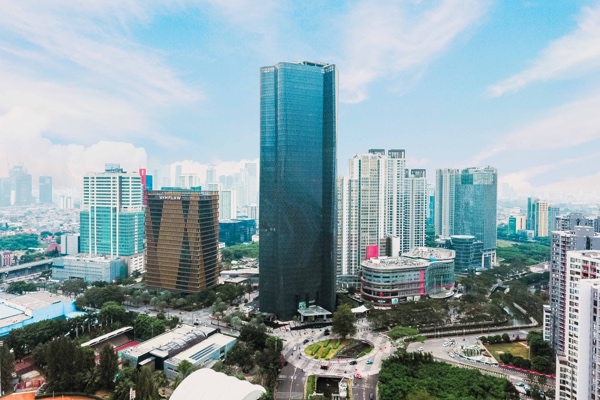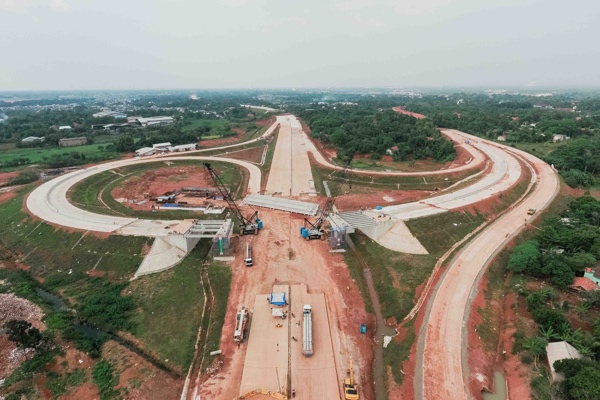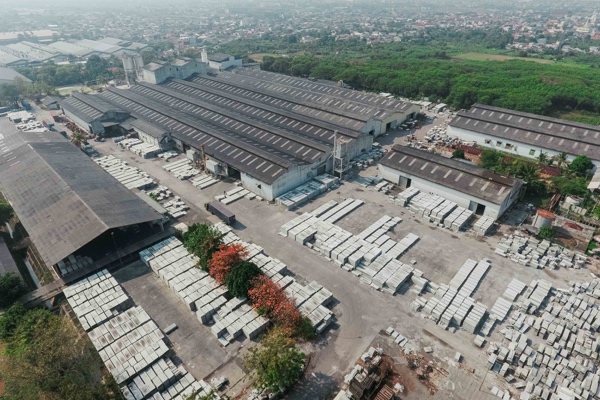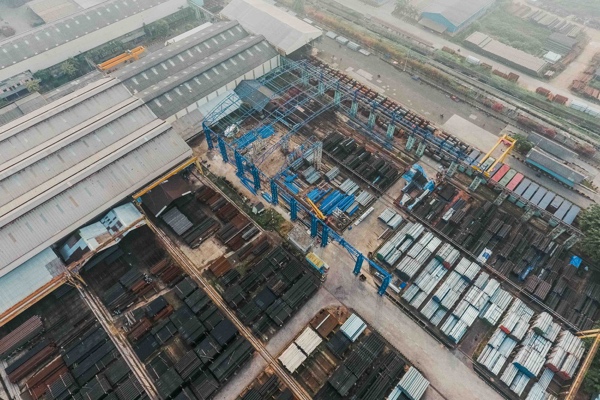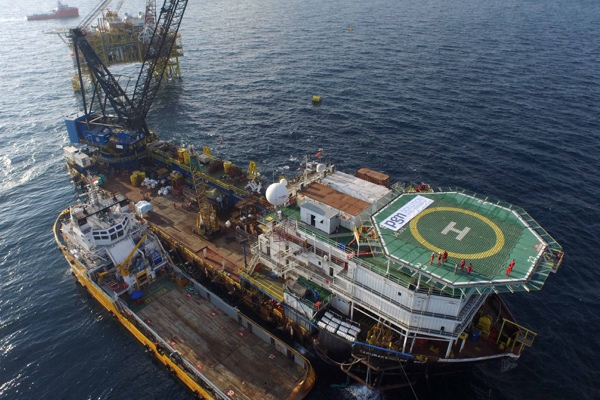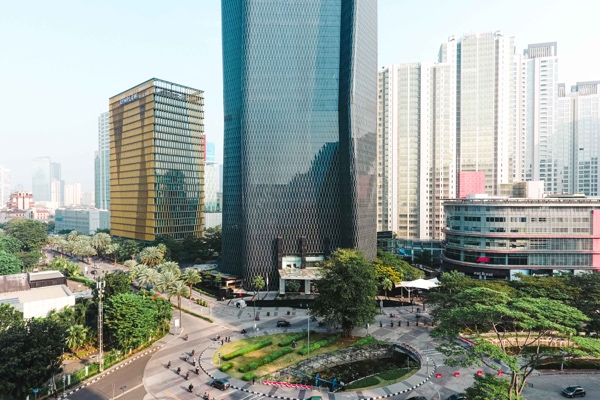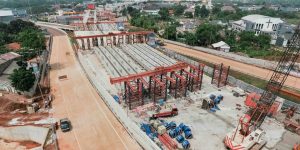VKTR and UNS Strengthen Cooperation in Development of Electric Vehicle Batteries
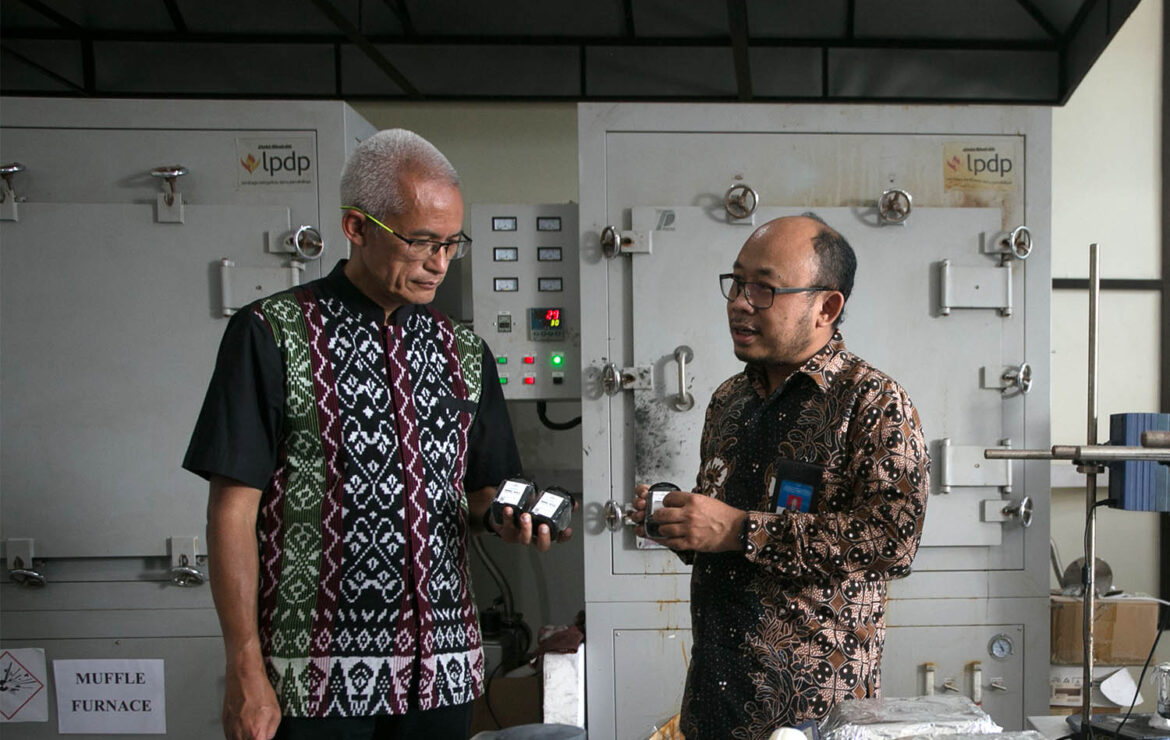
PT VKTR Teknologi Mobilitas (VKTR – or called ‘Vector’) is increasingly expanding its scope in efforts to develop the electric vehicle ecosystem in Indonesia. This time, the battery technology sector is turning. This can be seen by the signing of the VKTR Cooperation Agreement (PKS) with the Pusat Unggulan Iptek – Perguruan Tinggi Teknologi Penyimpanan Energi Listrik (PUI-PT TPEL) Universitas Sebelas Maret (UNS), in Surakarta, Central Java, Thursday (1/12/2022). The signing was carried out by the President Director of VKTR Gilarsi W. Setijono and the Head of PUI-PT TPEL UNS Prof. Agus Purwanto.
Gilarsi said that this signing was an advanced stage for both parties in the development of battery technology; starting from nickel processing, recycling to the commercialization of battery products. In more detail, this joint work will be devoted to the development of battery materials ranging from nickel ore to P-CAM (Precursor Cathode Active Material), P-CAM to CAM (Cathode Active Material), CAM to cell batteries, to the battery recycling process which expired.
“Apart from that, we VKTR and UNS also continue to strengthen cooperation with PENS (Politeknik Elektronika Negeri Surabaya) in battery development from module to pack, and what is more important is the development of the battery management system (BMS),” explained Gilarsi.
Detailing his explanation, Gilarsi said that what is meant by battery materials are materials contained in a battery whose job is to convert electrical energy and store it in the form of chemical energy. Meanwhile, Precursor Cathode Active Material (P-CAM) is a mixture of metal hydroxides from nickel, cobalt and other compounds that form the battery cathode. “Meanwhile, Cathode Active Material (CAM) is a battery cathode material in the form of a mixture of pCAM and Lithium. This is an important part that drives performance, maintains safety, and determines the cost efficiency of a lithium-ion battery,” he explained.
Going forward, continued Gilarsi, the parties are open to expanding this cooperation with other new partners, in order to be able to support the acceleration of the development of battery technology in the country. UNS will receive support from research laboratory facilities in the field of battery technology, funding, equipment, and material components for joint development. “Meanwhile, we, VKTR, among others, will get research staff, students and other resources to deepen research on the agreed scope,” said Gilarsi.
According to Gilarsi, currently battery technology is still very much open to study and development. The limitations of current battery technology are in two aspects, namely the performance aspect and the raw material price aspect which is relatively expensive. “If these two things can be overcome, we are sure that efforts to develop battery technology will progress rapidly,” he said.
“If reviewed further, there are two things that should be considered in terms of performance; namely the ability of the battery to deliver energy, as well as the amount of energy that can be stored,” Gilarsi added. Gilarsi also stressed the importance of the battery products produced must remain safe during use, durable, fast charging, environmentally friendly, and inexpensive.
Head of PUI-PT TPEL UNS, Prof. Agus Purwanto said that his party welcomed the increase in the cooperation status of the two institutions. He hopes that their future plans and actions will be more concrete and solid so that they can achieve the targets that have been set. According to him, this strategic collaboration between UNS and VKTR is an effective way to strengthen the culture of innovation on campus.
“This collaboration is an important momentum for us in cultivating a culture of innovation at UNS. More strategically, our role as an element of the academic world that synergizes with the business world – God willing, will also be recorded in gold ink; namely that we become one of the important actors in the process of building and developing the electrification industrial ecosystem in Indonesia,” said Agus closing the conversation. (*)

